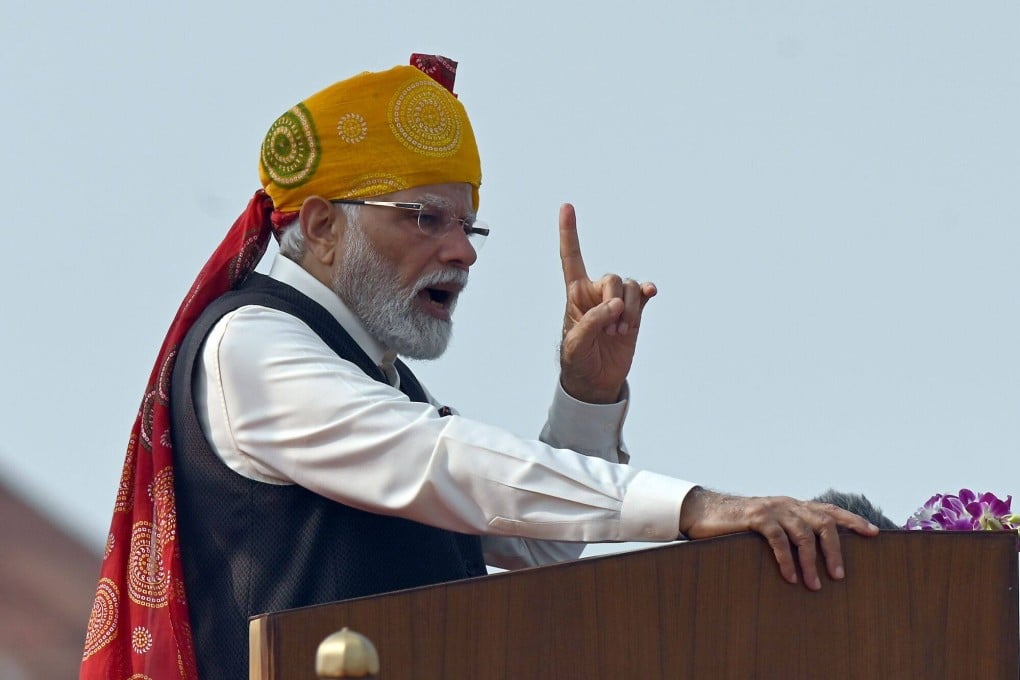Advertisement
Opinion | India may soon be forced to choose between Brics and the West
- India has so far managed to stick to its non-aligned policy, but with China’s vision looking to win out in the Brics grouping, it will have to pick a side
- If it chooses the West, New Delhi will stand on the wrong side of history, while Brics could benefit from the inclusion of Iran
Reading Time:3 minutes
Why you can trust SCMP
22

India stands to make itself an outlier at the Brics summit in South Africa this week with its dubious non-alignment policy. Since Russia’s invasion of Ukraine, India has extracted opportunities from new partners like the US and historical partner Russia by following a policy of courting all, but loyal to none.
Advertisement
India finds itself at the crossroads of geopolitics as it has benefited greatly from cheap oil and increased trade with Russia due to the West’s attempt to isolate the country and has become central to the containment of China as tensions rise with Washington in the Indo-Pacific region.
For the past decade, the Brics nations – Brazil, Russia, India, China and South Africa – have proposed policies that can position themselves as a counterbalance to the G7 grouping, comprising Canada, France, Germany, Italy, Japan, the United Kingdom and the United States.
This includes creating a global framework featuring de-dollarisation and discussions around establishing a common currency to prevent the US from weaponising its currency and the Swift financial messaging system, to the detriment of countries that disagree with it.
Overall, the Brics bloc is making significant strides towards creating an alternative power structure that challenges the dominance of the G7, and India has been central to this until now.
Advertisement
India and China have divergent views on the evolution and role of Brics, leading to competing visions. India has been wary of the group’s expansion, which China is pushing, as New Delhi feels threatened by Beijing’s ties with aspirant members that are also stakeholders in its Belt and Road Initiative.

Advertisement
